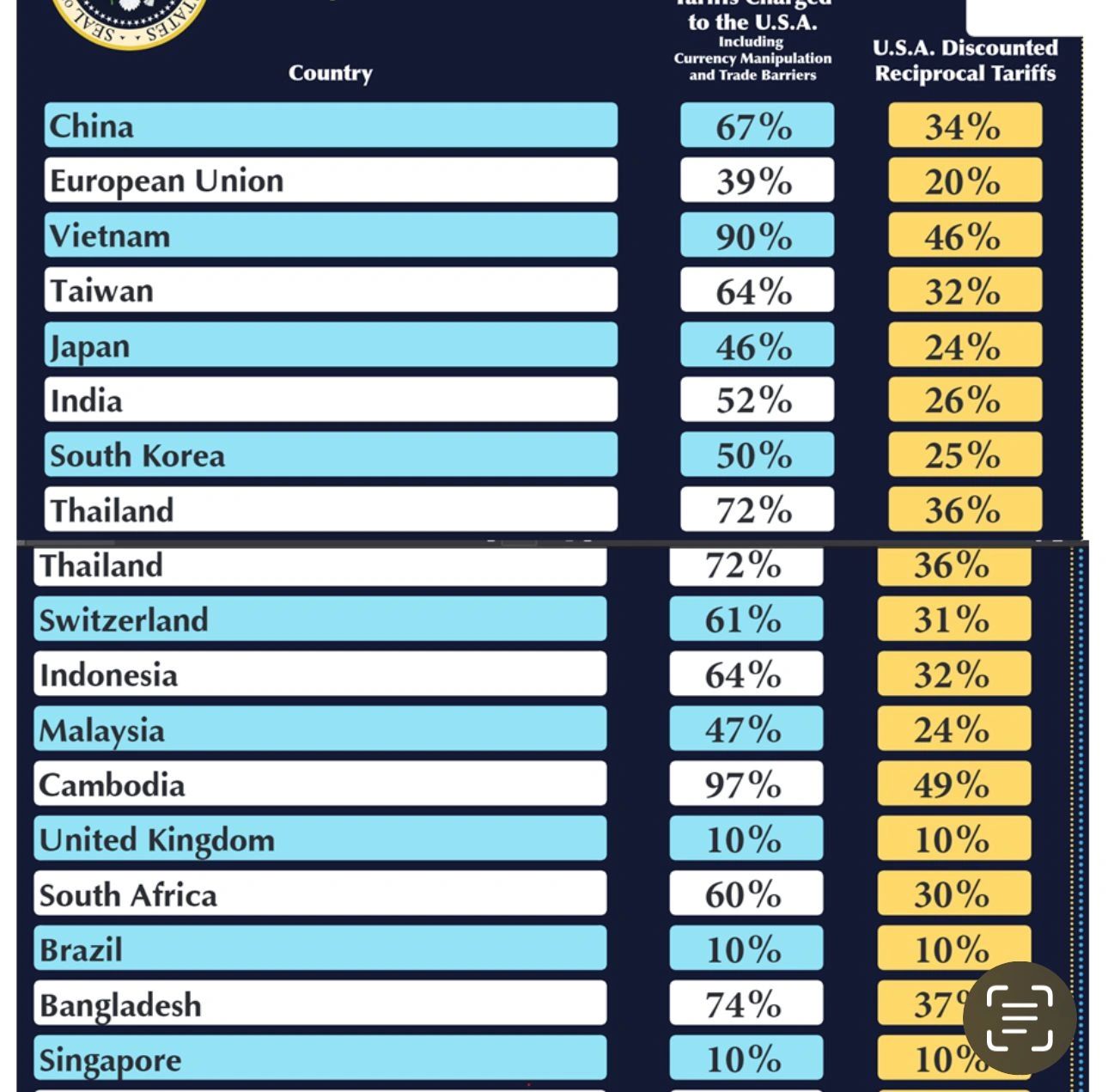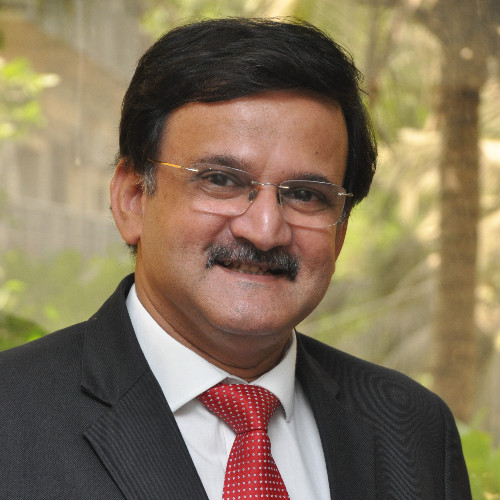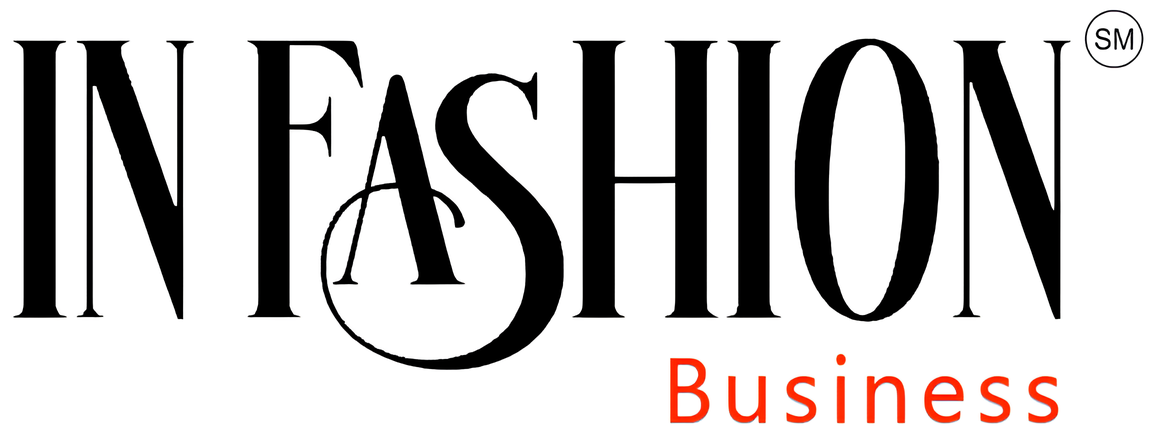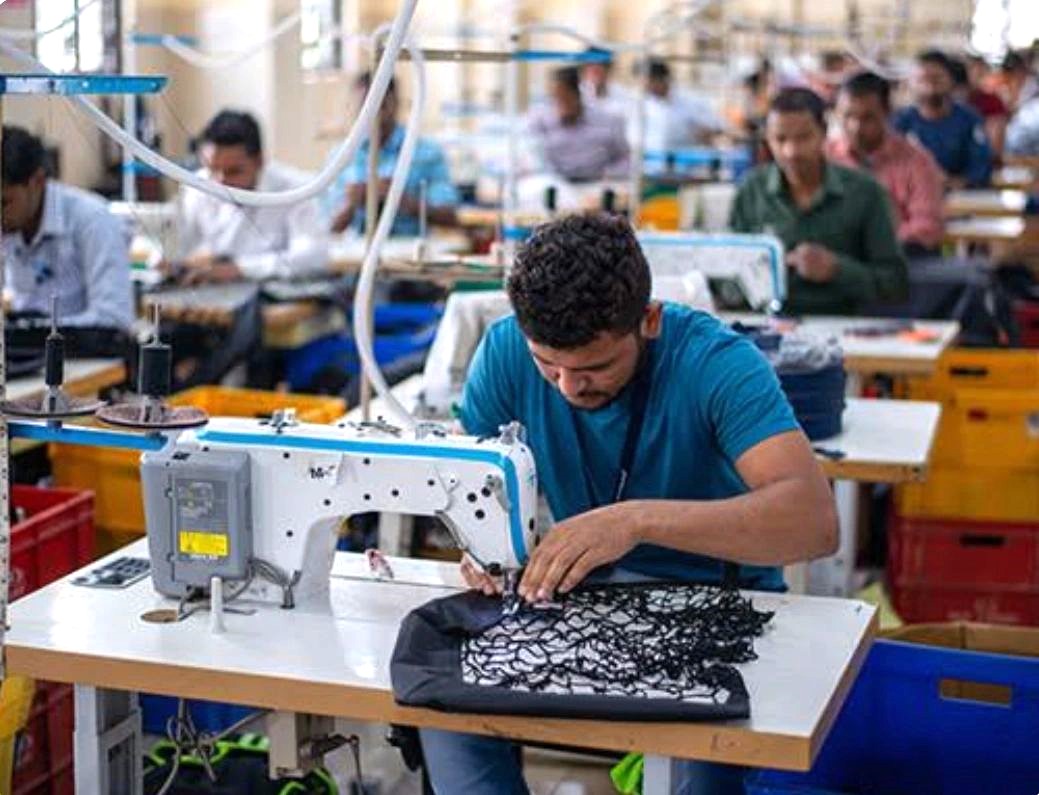TRUMP GOVERNMENT 26% RECIPROCAL TARIFF INDIAN TEXTILE MANUFACTURERS EXPORTERS COMPETITORS CHINA VIETNAM CAMBODIA BANGLADESH PAKISTAN RECIPROCAL TARIFFS US TEXTILE MARKET 28% SHARE $10 BILLION APPAREL EXPORTS DIFFERENTIAL RECIPROCAL TARIFFS NATIONAL
MUMBAI, MAHARASHTRA, INDIA
By IFAB MEDIA - NEWS BUREAU - April 4, 2025 | 319 4 minutes read
The Trump administration's decision to impose a 26% reciprocal tariff on India is expected to give Indian textile manufacturers a significant advantage over key competitors like China, Vietnam, Cambodia, Bangladesh, and Pakistan.
The competing nations face much higher reciprocal tariffs, ranging from 29% to 49%, with Vietnam at 46%, Cambodia at 49%, China at 34%, Bangladesh at 37%, and Pakistan at 29%.
The U.S. remains the largest buyer of Indian textiles, accounting for nearly 28% ($10 billion) of India’s total textile exports of $36 billion in 2023-24.

China is expected to be the biggest loser, given its dominant position in the U.S. textile market. Over the past few years, the share lost by China in apparel exports to the U.S. has largely been captured by Vietnam and Bangladesh, while India missed the opportunity. However, the new differential reciprocal tariffs imposed by the U.S. government have shifted the trade dynamics in India’s favor.
On the other hand, Turkey, Morocco, and Latin American countries—spared from these high tariffs—could emerge as alternative winners, as companies may explore shifting apparel manufacturing to these regions.
???? The new tariff regime is expected to significantly impact global textile supply chains, potentially increasing costs for U.S. consumers, which could, in turn, affect overall apparel consumption. This situation may force companies to reassess their sourcing strategies in the face of rising costs.
???? From an exporter’s perspective, reciprocal tariffs will undoubtedly impact margins, necessitating cost-cutting measures to maintain competitiveness. On a broader scale, the Indian government and textile exporters must recalibrate pricing strategies to stay ahead of global competitors.
???????? India is hoping for a reprieve as negotiations continue on a bilateral trade deal with the U.S. However, the White House remains firm in its stance, insisting that no exceptions will be made.

By Gurudas Aras, Strategic Advisor, Independent Director (Certified by IICA, Ministry of Corporate Affairs), Certified CRISIL ESG Risk Analyst, Former Director at A.T.E. Group.











